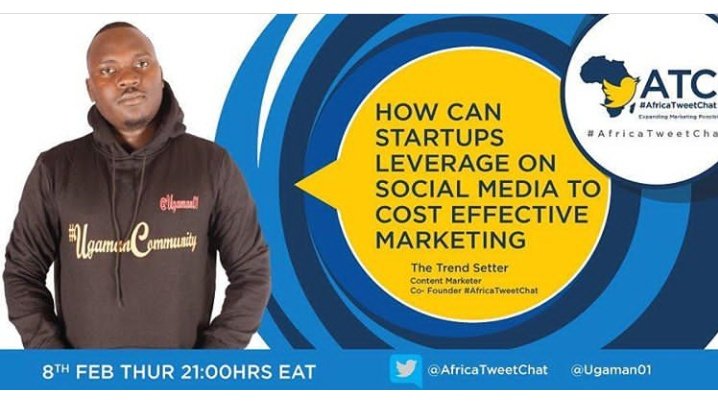- Importance of patience
- Inversion (thinking problems through in reverse)
- Multidisciplinary approach to problem-solving
- Avoiding psychology-caused misjudgments
Just avoid things like AIDS situations, racing trains to crossing, and doing cocaine. Develop good mental habits.”
Incentives are superpowers and can lead to terrible, rationalized behavior ("Incentive caused bias")
E.g. management consultant's report always ending with the same advice: "The problem needs more management consulting services''
People tend to ignore faults and comply to the wishes of the object of liking.
Make sure people you love/like are good/admirable people.
People tend to ignore virtues of the object of disliking and dislike any products/people/actions merely associated with it.
Train yourself out of it – you might be missing out.
People tend to rush to conclusions too quickly (evolutionary origins)
Force a delay before making an important decision (required from judges and jurors)
People tend to take actions consistent with their past actions, causing ”First conclusion bias” and “Confirmation bias”.
Train yourself to intensely consider the evidence tending to disconfirm your hypothesis, especially strong ones.
The automatic tendency to reciprocate favors with favors and disfavors with disfavors. Easily manipulated by @RobertCialdini's compliance practitioners.
Introduce rules banning manipulation (e.g. avoid accepting gifts in commercial arrangements)
When people tell you what you didn’t want to hear there’s an automatic reaction of antipathy (“Persian Messenger Syndrome).
Train yourself to welcome bad news.
90% of the drivers in Sweden think they are better than average.
Force yourself to be more objective when evaluating yourself/family/possessions/your future value
People often think/do the same things others around them think/do.
Learn to ignore the examples from others when they are wrong
Human brain tends to overweight what’s easily available to it.
Use checklist (prepared upfront) and consciously underweight extra-vivid evidence, and over-weight less-vivid
Triggered when some scarce resource seen in possession of another member of the same species (evolutionary origin).
It’s a really stupid sin because it’s the only one you could never possibly have any fun with.
There are many more insights and the book is more than worth reading in detail (many times).
The End.





